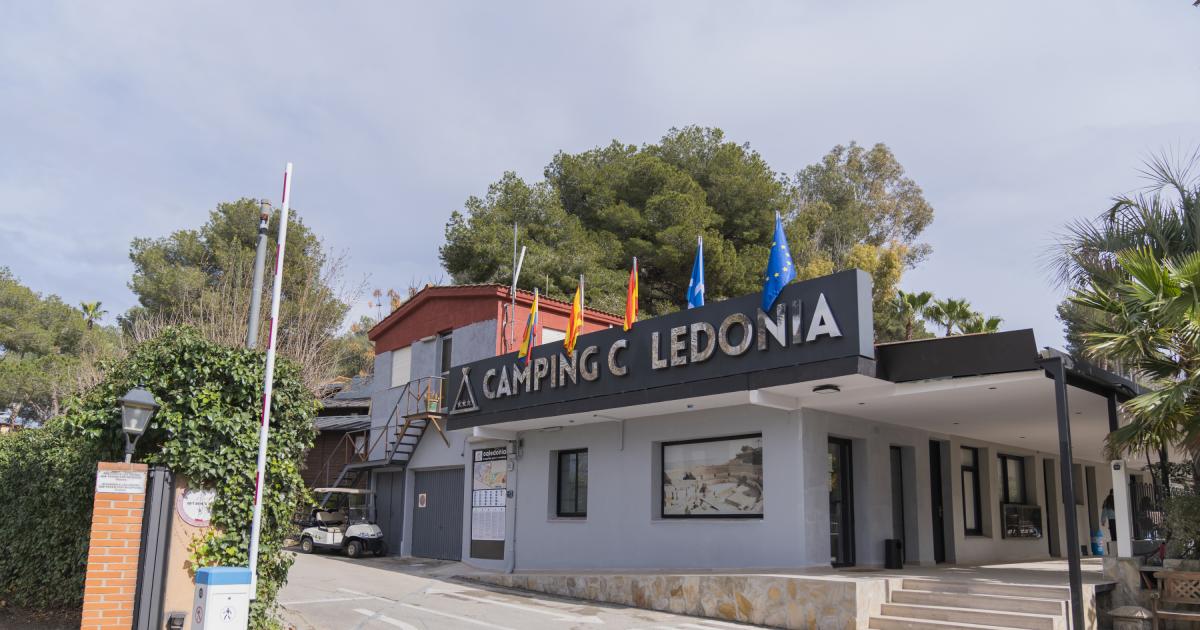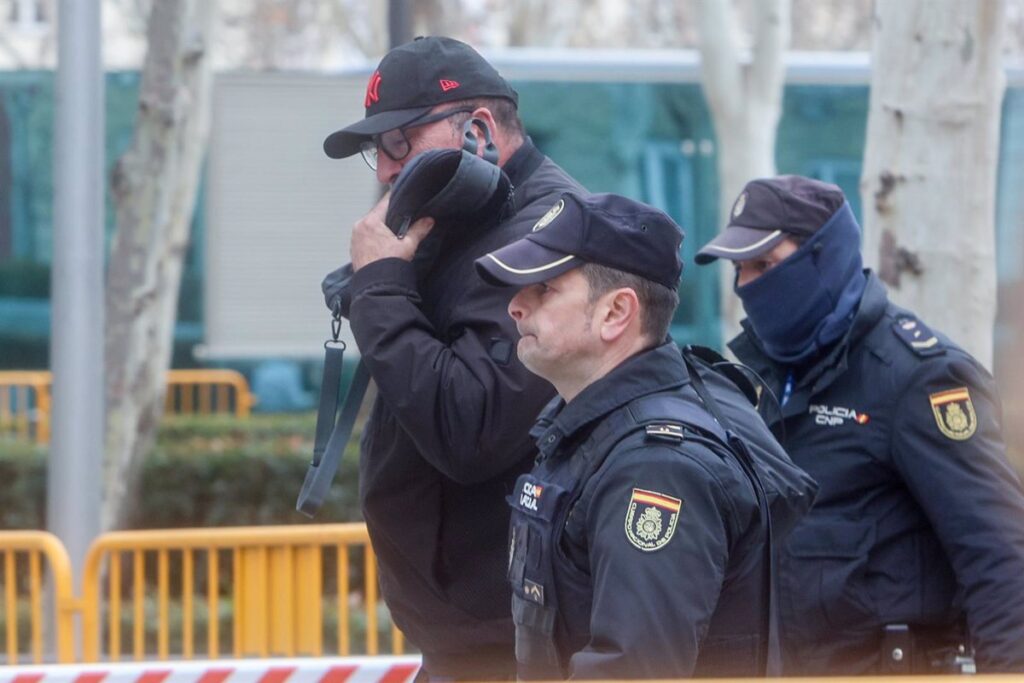Initial approval of the urban planning plan for the Caledonia Camp site has arrived after 19 years. It is the first campground in the city to successfully regulate its grounds, a fact that may set a precedent for other facilities to do the same. The bureaucratic battle to legalize the campsites has continued since 2005, when the Coastal System's Urban Master Plan went into effect. This forced the Catalan camps to prove that their activity was before 2005 and, at the same time, prepare projects related to flood risk, civil protection, environmental impact and landscape, among others.
On February 9, the Local Government Council initially approved the special urban plan to settle and legalize the tourist facility located in Tamarit. Caledonia began land settlement procedures in 2006, and the bureaucratic process has continued for more than 18 years. “It was a long, expensive and arduous process, but we are very happy that we finally succeeded,” says Xavier Artal from the Caledonia camp.
The initially approved document, consisting of more than 700 pages, will modify some areas of the camp due to their proximity to train tracks, the N-340 or Llera del Gaià. Owners will have to remove huts and areas designated for camping activities, which so far can only accommodate mobile homes or campsites. On the other hand, the city council also urged the owners to obtain compensation spaces. This is land that cannot be built on and will only be used for naturalization.
“We will have to make relevant corrections to the document, but the technicians have given the green light to our project. “We have removed an important part of the camping area next to Gaià and many areas have been reduced,” confirms Artal. The Caledonia camp dates back to 1983 and can accommodate up to 800 people It is located on an area of more than 23,000 square meters.
Satisfaction with the municipal council
Nacho Garcia, city planning advisor at the Tarragona City Council, did not hide his joy after the initial approval of the camp site. “It's the first thing we've been able to approve, and that's very important for the city,” Garcia says, adding that the processes for legalizing campsites are “complicated” because “it is difficult to reach an agreement with the owners.”
During these years, camps have expanded their facilities, modified or modernized their services. Often, these actions were carried out without prior permission from the administration, which is why there are many penalties, requirements or withdrawal of huts or camping places in city camps.
Campsites currently account for nearly half of overnight stays in the city, demonstrating the importance of the sector in tourism. “That's why it's beneficial for the city and the camps to have them all legalized. Hopefully everything else will come behind us.”
“We see the light”
Roger Trillas, president of the Tarragona Ciutat Camping Association, assessed the initial approval of the Caledonia campsite as “very positive.” “This means we see the light at the end of the tunnel. The camps have been trying to regularize our situation for many years,” Trillas says. The draft Special Urban Plan for the Caledonia camp site may set a precedent for the rest of the facilities.

“Infuriatingly humble social media buff. Twitter advocate. Writer. Internet nerd.”









